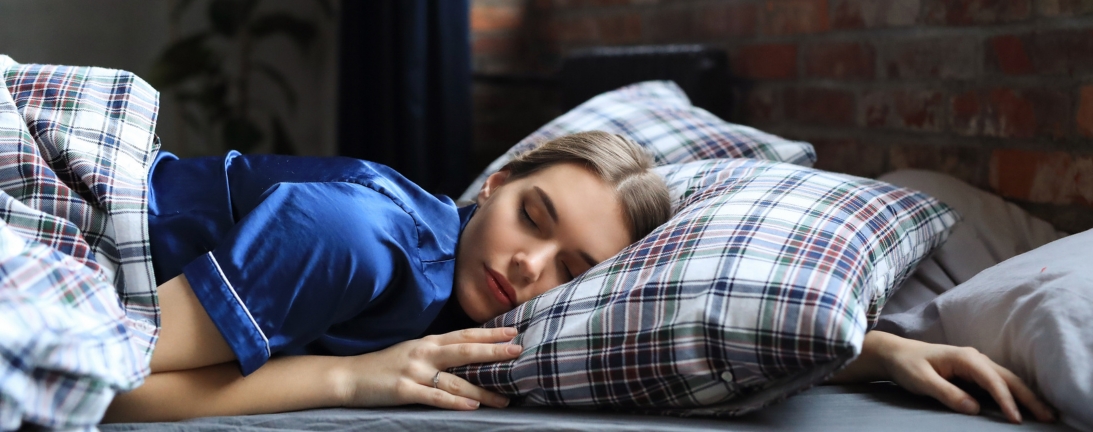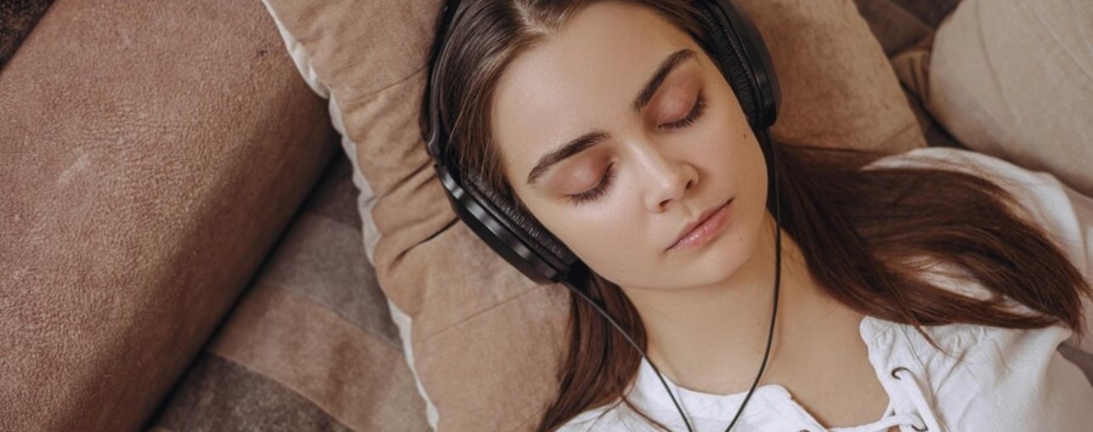Swift Slumber: Strategies for Falling Asleep Faster
In the hustle and bustle of modern life, the ability to fall asleep quickly is a sought-after skill that eludes many. Difficulty falling asleep, also known as sleep onset insomnia, can be attributed to various factors, from stress and anxiety to poor sleep habits. Navigating the quest for swift slumber requires understanding the intricacies of sleep onset difficulties and implementing effective strategies for a quicker descent into the realm of dreams.
The key to how to sleep faster lies in creating a conducive sleep environment. A comfortable mattress and pillows, along with a cool and dark room, set the stage for a restful night's sleep. Minimizing noise and light disturbances further enhances the chances of falling asleep quickly.

Establishing a consistent sleep routine is paramount in training the body and mind to unwind efficiently. Going to bed and waking up at the same time every day, even on weekends, helps regulate the internal body clock. Engaging in relaxing pre-sleep rituals, such as reading a book or practicing gentle yoga, signals to the body that it's time to wind down
Avoiding stimulants like caffeine and nicotine in the hours leading up to bedtime is crucial for those seeking to expedite the process of falling asleep. These substances can interfere with the natural sleep-wake cycle, making it more challenging to transition into a state of restfulness.
For individuals plagued by racing thoughts or anxiety, implementing relaxation techniques can be instrumental in speeding up the journey to dreamland. Mindfulness meditation, deep breathing exercises, or progressive muscle relaxation can help calm the mind and promote a sense of tranquility conducive to sleep.
Limiting screen time before bedtime is a vital strategy in the quest for faster sleep onset. The blue light emitted by electronic devices can suppress the production of melatonin, a hormone that regulates sleep. Opting for activities that promote relaxation, such as reading a physical book or listening to calming music, enhances the body's readiness for sleep.

In some cases, how to sleep faster may involve exploring natural sleep aids or supplements. Melatonin supplements, valerian root, or chamomile tea are among the options that some individuals find helpful. However, it's essential to consult with a healthcare professional before incorporating any supplements into the bedtime routine.
In conclusion, the pursuit of faster sleep onset is a multifaceted journey that encompasses both lifestyle adjustments and behavioral changes. By incorporating these strategies into one's nightly routine, individuals can enhance their chances of falling asleep quickly and enjoying a more rejuvenating night's rest.